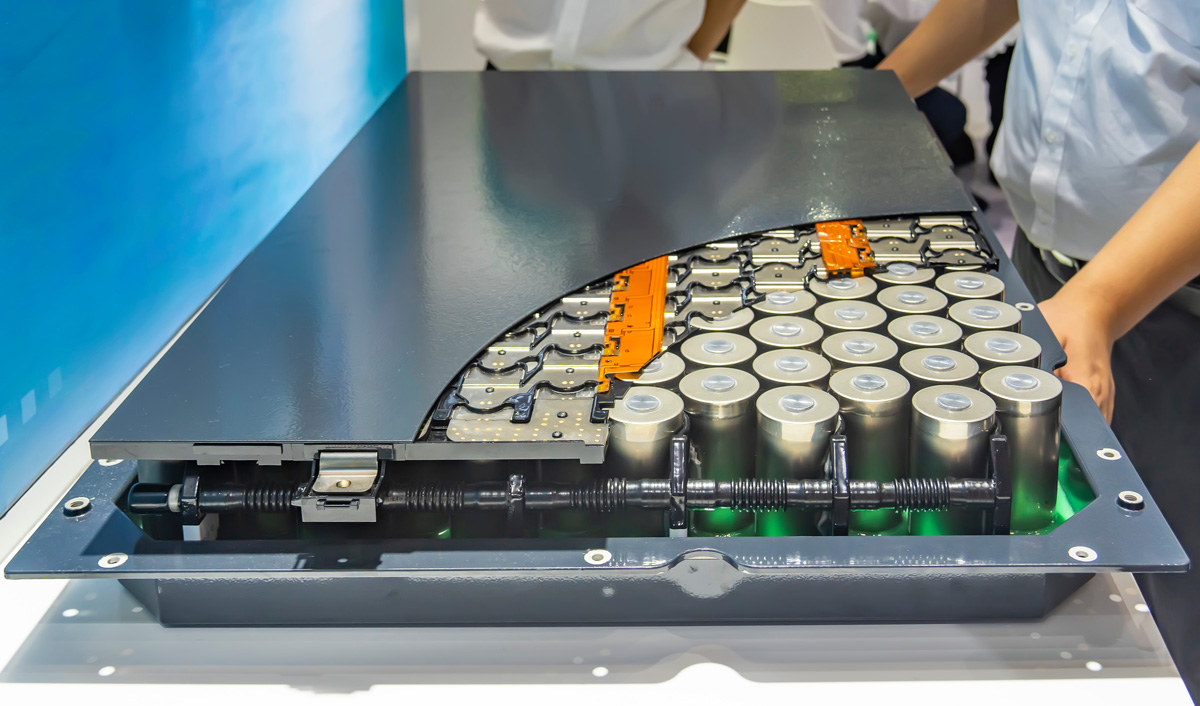Afraid there won’t be enough recycling plants to recycle EV batteries when they start reaching end of life in large numbers? Well, the opposite might turn out to be the case. Encouraged by generous government incentives, companies have been investing heavily in battery plants. According to new research from technology intelligence firm ABI Research, companies are planning to build enough EV battery recycling capacity by 2030 to recycle 1.3 million EV battery packs per year, but only some 341,000 per year are expected to be available at that time.
“There are concerns about a lack of capacity for EV battery recycling, but the opposite is true,” says Dylan Khoo, Electric Vehicles Industry Analyst at ABI Research. “Current plans for recycling plants see capacity greatly outstripping the supplies of waste batteries. This will lead to uneconomic utilization rates or, more likely, a delay or scaling down in recycling projects.”
ABI Research details its findings in a new report, “Securing the EV Supply Chain: Battery Recycling in the United States.”
ABI believes that in 2030, around one third of waste EV batteries will be end-of-life batteries from vehicles. The rest will come from factory scrap—batteries that fail quality control on production lines and go directly to recycling.
“Given the expected shortage of waste EV batteries, battery recyclers must be highly competitive to win,” says ABI. Several companies, including Ascend Elements and Aqua Metals, are developing innovative recycling processes that they say are more cost-effective and greener. If a shortage of recyclable batteries develops, such companies could have the advantage. “Recyclers that are building up a supply chain of non-recycled materials to ensure a consistent output of processed materials, such as Redwood Materials, will also be better poised to make it through the supply shortage,” says ABI.
Of course, battery recycling is still an emerging technology, and predictions about what the market will look like in six years must be taken with a dose of lithium salt. Some of the plants on the drawing board may not get built, and EV sales could grow faster than predicted (they always have). On the other hand, improvements in battery tech could lead to longer-lived batteries, and thus less feedstock for recyclers.
In any case, recycling firms will make their own predictions about the market, and plan their build-outs accordingly, as ABI’s Khoo acknowledges: “We expect to see a revision of recycling plant plans to account for the shortage of waste EV batteries and an increase in demand for these batteries, which will put pressure on recyclers. This will have knock-on effects, further weakening the business case for second-life applications, as used batteries are more likely to go directly to recycling rather than be reused.”
Source: ABI Research



















































